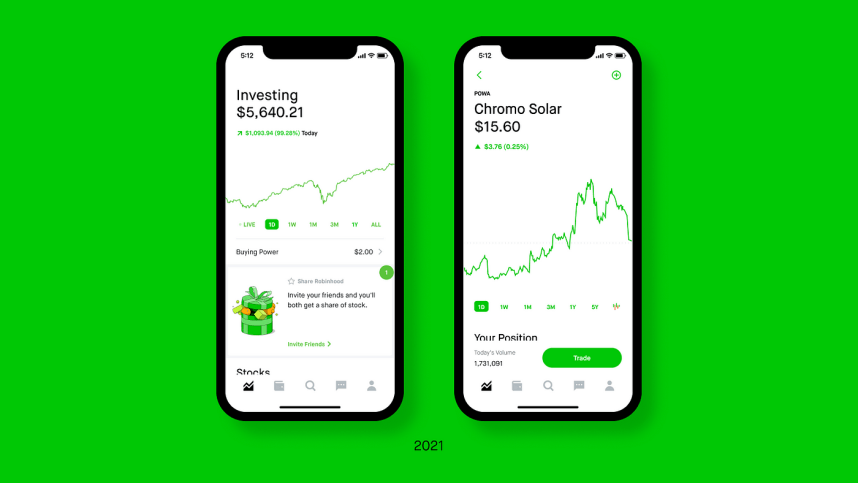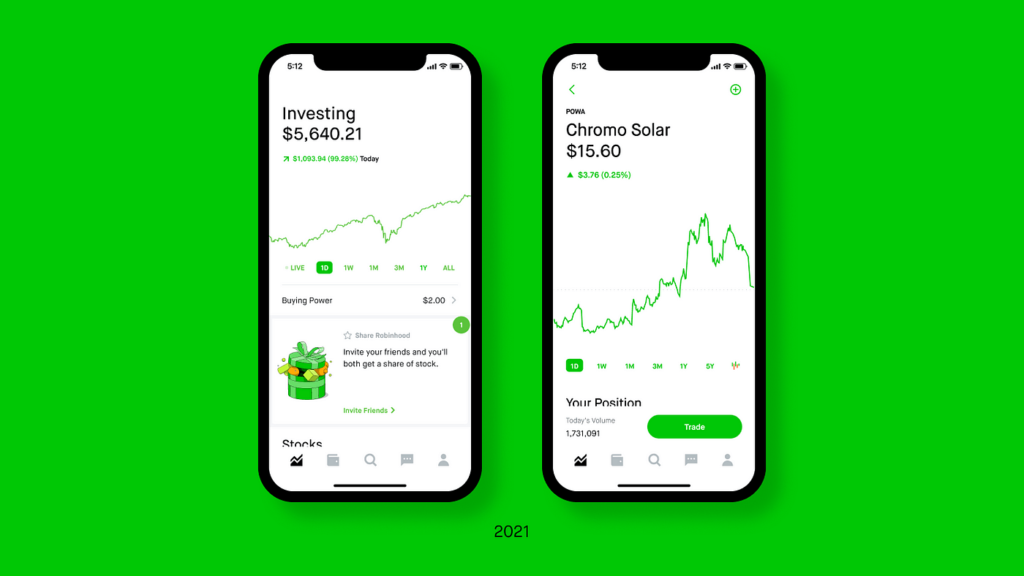Posted on: December 31, 2024, 03:24h.
Last updated on: December 31, 2024, 03:24h.
Robinhood (NASDAQ: HOOD) should focus its potential entry into the world of sports wagering on event-style contracts rather than standard offerings, according to a research firm.

In a recent report, Eilers & Krejcik Gaming (EKG) highlighted the difficulties faced by new entrants in the word of traditional of sports wagering, using Penn Entertainment’s (NASDAQ: PENN) ESPN Bet as the template. The research firm noted that while ESPN Bet could gain market share in 2025, its share of the US sports wagering market stood at just 1.5% of gross gaming revenue (GGR) as of the end of November, confirming the difficulty newer competitors face in cracking the duopoly established by DraftKings and FanDuel.
That should arguably inform Robin Hood as it looks for a way into the sports betting market. Taking on a traditional sports betting path, even via acquisition, looks to be a hard and expensive slog,” according to EKG.
The research firm added that a large customer base — Robinhood has 24.2 million funded clients, nearly half of which are active on a monthly basis — doesn’t equal success in sports betting.
Robinhood Sports Betting Plan
Earlier this month, Robinhood CEO Vlad Tenev said at the company’s investor day that the brokerage firm is mulling avenues for getting into sports wagering, but concrete plans were not laid out.
That news arrived less than two months after the trading house unveiled its election betting offering that was available only to US customers who had been approved for margin investing and Level 2 or 3 options trading. Those “bets”, which were popular with eligible clients, were structured as event contracts, not traditional wagers.
As a result, market observers speculated that if the financial services firm earnestly pursues sports wagering, it would be with event contracts, not the sides, totals, and other bets found on dedicated sports betting platforms. US regulators classify event contracts as derivatives, signaling clear differences relative to standard sports wagering.
“An event contract is a type of financial derivative that allows traders to speculate on the outcome of a specific event. These contracts are generally structured around ‘Yes’ or ‘No’ outcomes, and fluctuate in price based on the projected outcome of the event,” according to Robinhood. “Event contracts then pay out if the position held matches the correct outcome of the event (for example, which candidate will win the 2024 presidential election); otherwise, they expire worthless.”
For Robinhood, Event Contracts Could Be Way to Go
Regulatory rules pertaining to event contracts and the potential for a broader field of clients are among the advantages Robinhood and other brokerage firms could find with event contracts.
“CFTC rules say futures contracts must provide genuine economic hedging utility and price discovery utility. Some longer term sports contracts like season win totals or season-long player props arguably fit that bill, and could be a logical starting point for Kalshi and then Robin Hood,” observed EKG.
Kalshi recently won the right to offer event contracts on US elections and it’s not limited at the state level as is the case with companies such as DraftKings, FanDuel, and rivals. Last week, cryptocurrency trading platform Crypto.com said it’s getting offering sports event contracts on the Super Bowl and other sports markets, signaling an intent to possibly broaden that offering in 2025. That generated headlines because it’s the first time bettors can use digital currencies to fund purchases of sports derivatives, but winning trades are paid out in dollars.



